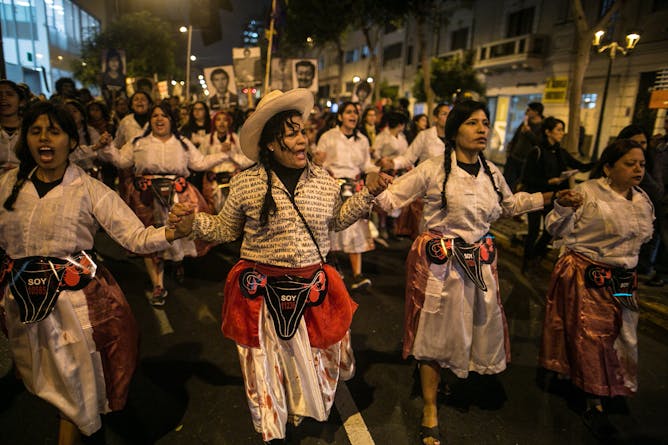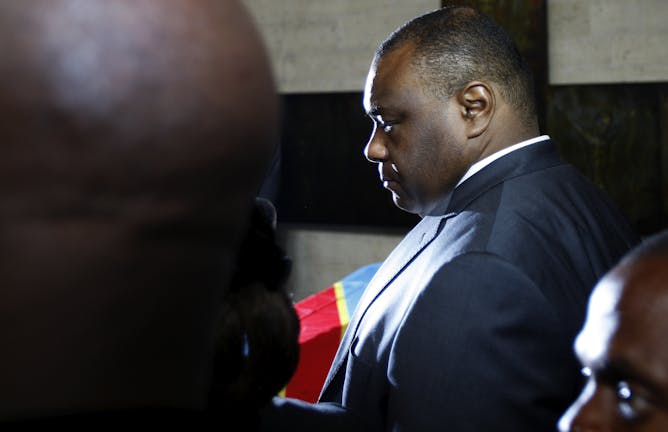|
Inequality is a global problem, but there’s evidence that in at least one region in the world it’s falling: Latin America. Alice Evans unpacks what policies have been pursued that have led to a reduction in income equality in the region, and what useful lessons other countries can learn.
Great hopes are being pinned on a decision due shortly by the International Criminal Court on reparations in the war crimes case of Jean-Pierre Bemba Gombo. He was the former vice-president of the Democratic Republic of Congo and was found guilty of crimes against humanity and war crimes, including rape, in 2016. The court sentenced him to 18 years imprisonment. Louise Chappell explains why victims - and a strong civil society movement supporting them - are hoping that the decision will set the ICC on a new path toward reparative justice.
|

EPA/Sebastian Castaneda
Alice Evans, King's College London
In order to tackle inequality, we need to understand what drives resistance to it and government responsiveness.
|

Former Congolese rebel warlord, Jean-Pierre Bemba.
Francois Lenoir/Reuters
Louise Chappell, UNSW
Under the Rome Statute, court ordered reparations are available to victims after the accused is found guilty. In the case of Jean-Pierre Bemba Gombo, this involves over 5,000 victims.
|
Science + Technology
|
-
Darren Curnoe, UNSW
From the tropics of Borneo, Darren Curnoe posted a daily diary sharing his team's dig to explore ancient cemeteries. Through two metres of clay, human bones and tools were discovered.
-
Jake Clark, University of Southern Queensland
Google's artificial intelligence has been taught to look for planets around other stars. It's already making new discoveries that scientists have missed.
|
|
Politics + Society
|
-
Amanda De Lisio, Bournemouth University
A unified voice that gets heard.
-
Moritz Pieper, University of Salford
Putin has pulled his troops out of Syria before, only to put them back.
|
|
Education
|
-
Kristen Dunfield, Concordia University
There's no need for parents to bust the Santa myth. Children figure out the truth themselves, at a developmentally appropriate time. In the process, they build their reasoning skills.
-
Gina Porter, Durham University; Ariane De Lannoy, University of Cape Town
The extent to which mobile phones can support and sustain real improvement in young lives is depressingly finite unless significant interventions occur.
|
|
Environment + Energy
|
-
Daniel Obrist, University of Massachusetts Lowell
How do mercury emissions from industrialized countries reach the remote Arctic? Recent research shows that plants on the tundra absorb mercury vapor through their leaves, then pass it into soil.
|
|